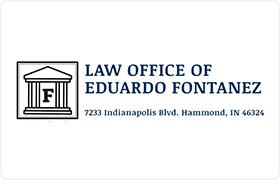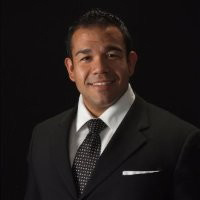Hobart Felony Lawyer, Indiana, page 3
Sponsored Law Firm
-
 x
x

Click For More Info:
-
Law Office of Eduardo Fontanez
7233 Indianapolis Blvd Hammond, IN 46324» view mapCriminal Defense, Divorce & Family Law Former Judge & Former Deputy Prosecutor
I hope we can resolve any issue you may need. Here at the Law Office of Eduardo Fontanez, are focused on providing high-quality service and customer satisfaction.
800-697-7560
Not enough matches for Hobart Felony lawyer.
Below are all Hobart Criminal lawyers.
Mark A. Thiros
Accident & Injury, Wrongful Death, Car Accident, Business Organization, Misdemeanor
Status: In Good Standing Licensed: 37 Years
James N. Thiros
Child Support, Criminal, DUI-DWI, Divorce, Car Accident
Status: In Good Standing Licensed: 36 Years
Kirsten L. Kaiser
Social Security, Workers' Compensation, Criminal, Medical Malpractice
Status: In Good Standing
Irene Constan Gasparis
Traffic, Wills & Probate, Divorce & Family Law, Criminal, Bankruptcy & Debt
Status: In Good Standing
 Eduardo Fontanez Hammond, IN
Eduardo Fontanez Hammond, IN Practice AreasExpertise
Practice AreasExpertise
